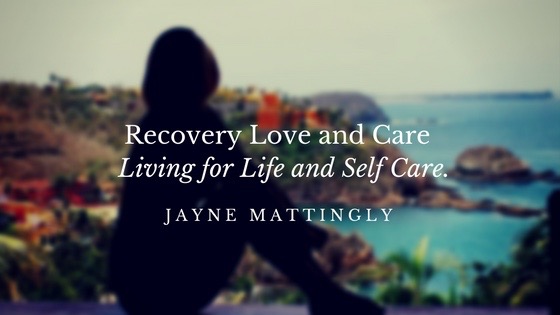Body Image. This is a tough one….I have said it before, and I will say it again and again….positive body image ALMOST ALWAYS comes last within recovery. Loving what you see in the mirror, appreciating your size, your weight, your natural curves, and appreciating all of the beautiful flaws within your physical image is so much harder than it seems. So many individual’s struggle with this aspect of recovery….in that the mind can get away from us at times, and we start to become emotionally and sometimes physically consumed by the unrealistic perceptions we have about how we currently “see” ourself, how we want to “see” ourself, how we “see” other’s in comparison to ourself, and how we believe other’s “see” us. Yep, it sounds exhausting, and maybe even ridiculous, but this is the mind of someone within recovery. I use these words carefully, in that when I say “see ourself”, or how “we see others”, I mean this literally, because that is what we are doing, I do not mean how we look or who we are, instead I mean how we perceive ourself. At times it seems that the physical self is somewhat dissociated from the emotional
Category: A Bit Clinical
Eating Disorders in Males-#EatingDisordersItsNotJustAWhiteGirlThing
Penn State Kicker, Joey Julius recently went public with his Eating Disorder. Julius spoke on his diagnosis of Binge Eating Disorder (BED) with purging behaviors and bulimic tendencies. It is public figures, like Joey, that can be an inspiration, and voice for females and males around the country who are living with Eating Disorders. You can read Joey’s story here. For today’s post, we are getting “a bit clinical” and tearing down those misperceptions and false assumptions about Eating Disorders. So many individuals believe that an Eating Disorders (ED) is “just a white girl thing”, that ED is just about women wanting to be a certain size, that it about women who eat too many salads, its about rich girls who don’t appreciate what they have, it is just a thing that the spoiled, white, rich girl deals with….this list of misperceptions goes on and on and on…. The truth is that males live with Eating Disorders too, it IS NOT JUST A WHITE GIRL DISORDER!! Here are some truths behind those false assumptions when it comes to males and Eating Disorders, according to current peer reviewed, clinical research and the Diagnostic Statistic Manual volume 5 (DSM-5) Males represent 25% of

Eating Disorders….It’s Not Just a White Girl Thing… Pt. 1
Well its Wednesday….we are half way through the work week and I hope we have all been practicing self care!! So first off I applaud you for making it this far through the week, and practicing self care by reading this blog! Here is a photo summary of my practiced self care this week…being away from Sean is so tough for me, so I make sure that I am on my self care game more than usual! So this week that meant family time, more family time and rainbow sprinkles….what could be better?! Seeing that our brains aren’t completely worn out yet, I will be sharing an educational “blurb” on eating disorders (ED). Now, ED is misunderstood by so many, even clinical professionals!….It is constantly seen as a vain disorder that is self induced or created by bad parenting….and let me tell you right now this mindset and way of thinking is incredibly outdated! So, as you read this post, I ask you to relearn what ED means to you, try to take the judgment and shame away, and have an open mind! For those of you within your own ED journey or recovery, try

An Educated Decision When it Comes to Care
I have received some feedback with questions on what type of care is best and why, and to be honest, there is no one right answer, everyone’s experience within their eating disorder and within their recovery looks different and specifies for different needs. Understanding this, here are the facts, as well as, tidbits from my own experience, and I encourage everyone to make an educated decision on what “care” is best for them. Throughout my academic career I have referred to counseling as a helping profession, but I never truly dissected the meaning behind that title. Many graduate students within the counseling field refer to themselves as therapists in training, but the accurate term for myself is technically a counselor in training (Hutchinson, 2015). Such students shy away from using the technical term of a counselor, due to a social misconception that all helping professionals are the same, but in reality there are many differences between the various helping professional roles; these include family therapists, psychiatrists, social workers, marriage counselors, career counselors, and clinical mental health counselors (Hutchinson, 2015). Another incredibly important, and in my opinion crucial, aspect to keep in mind is to understand that said helping professionals usually
